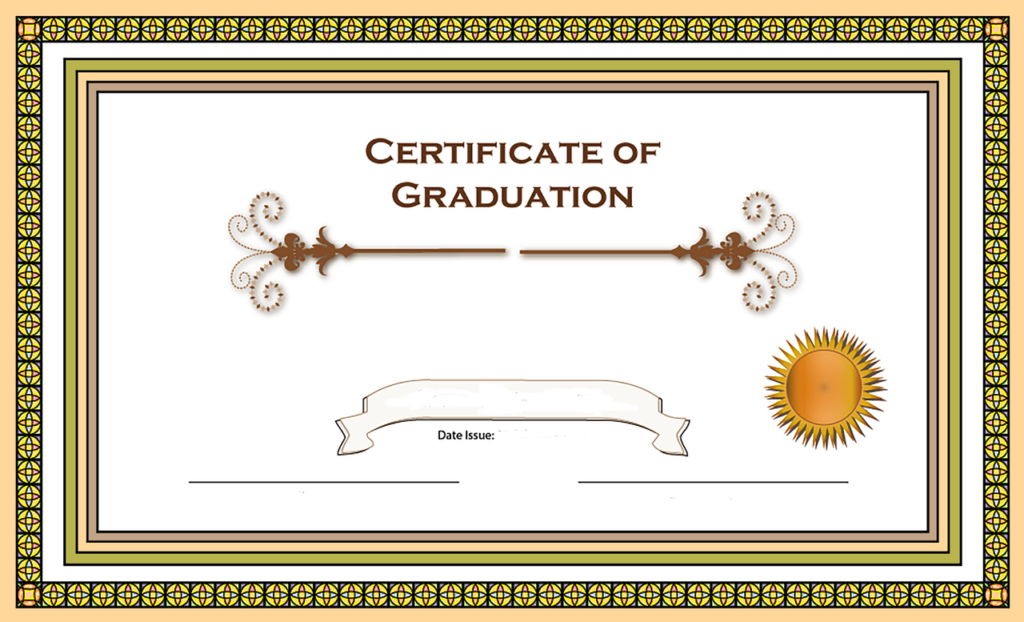Passing exams and improving the pass grades is as much a matter of technique as subject knowledge. All hoops in life have a technique to master and mastering that technique is the difference between success and failure. I will focus mainly on academic exams and subsequent qualifications in this blog but the ideas within can be applied to many other areas of endeavour.
1 Revision Discipline.
When revising for exams make your revision time limited. It is not the amount of time you revise , it is the efficiency of your revision. Set a time target each day, time table it and stop when you have hit the time. Stop regardless of whether you have learnt anything or not. The brain learns best in a digital way so don’t overdo it.
2 Sleep
Staying up all night rarely leads to improved results in examinations so get plenty of sleep, especially prior to and during the exam period.
3 Exercise
Physical exercise should be commenced at least one month before exam time and continued during the exams. The important thing is to sharpen up your wits and get lots of Oxygen into your lungs to keep the brain sharp.
4 Diet.
Eat plenty of protein and especially eat omega rich foods like oily fish and nuts. Keep well hydrated with water and avoid alcohol and nicotine at exam time. Avoid indigestible foods and too much sugar and carbohydrates
5 Past papers analysis
Most exam programmes can provide old papers taken from your studies to practice past questions. Read the questions from old papers several times a day. Get into the mindset of the examiner to understand what they are asking, the wording, the time allocation for questions etc.
6 Multiple Choice Exams
Answer all questions providing they exam doesn’t have negative scoring ( taking a mark off if the answer is wrong ) Check with your teacher to confirm this. Answer the easiest questions first then work to the more difficult ones. Allocate a time limit for each question and some time at the end for checking.
7 Question analysis during the exam itself
Read through the questions at least twice before you start. This stimulates the brain to remember elements of other questions when answering a particular question Write down any ideas that are relevant to any question as soon as you think of it. If not a multiple choice, answer the easiest questions first, then the ones that carry the most marks, then the rest. Make sure you come well prepared with equipment and arrive early.
8 The power of model answers
If you are struggling with the subject get your teacher to prepare model answers to all questions from previous papers and copy the answers out again and again. This works especially well with maths.

9 Post exam analysis
Never enter into post exam contemplation especially with colleagues. Just because they have a different answer from you it doesn’t mean that are right.
10 Make sure you are marked out of 100 percent
Always complete exams developed by practicing old papers in timed practices. Always hand in all your working.
Peter Bull ( Author or the book Get In Touch With Your Inner Genius0

